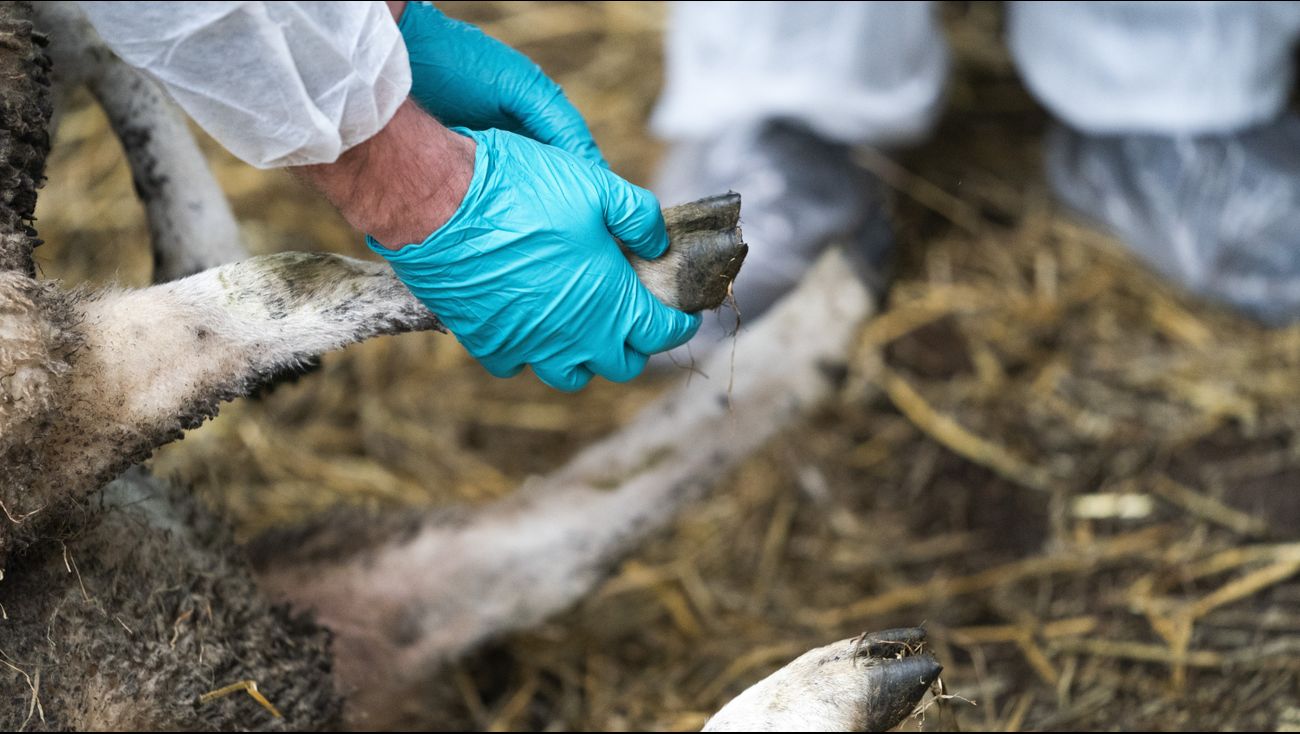Despite the cold weeks, new cases of bluetongue have been reported in Flevoland in the past three weeks. This concerns a total of fifteen sick animals. This is reported by the Dutch Food and Consumer Product Safety Authority (NVWA).
The increase is less significant than in the previous weeks. A total of 172 cases have now been counted in the province. Nearly 5,800 animals have become ill throughout the Netherlands.
Most in NOP
Most cases are still reported in Noordoostpolder. Six more have been added in recent weeks, so that 74 infections have now been counted.
The number of infections also increased in other municipalities. Three new infections were reported everywhere in Dronten, Almere and Zeewolde. No new cases are known in Lelystad.
The NVWA reports in its figures that there are no infections in Urk yet. According to an employee of the De Stekplek petting zoo, that is not true. Sheep there would also have been sick with the virus. Knut less active
The bluetongue virus is spread by the midge, a type of small mosquito. The insect becomes less active when temperatures drop and therefore there have been fewer infections recently.
Nevertheless, we have not completely got rid of the bluetongue virus, says researcher Melle Holwerda of Wageningen Bioveterinary Research from Lelystad. “It is possible that the midges enter the stables. In this way, the virus can get through the winter and return in the spring.”
What are the consequences of a bluetongue infection?
If a sheep or goat becomes infected, the animal can often no longer be saved. The virus attacks the inside of the blood vessels. Ulcers form in the mouth and are extremely painful. As a result, infected sheep stop eating.
In animals that are very sick, the tongue turns blue. They also have a high fever, drool, walk lame and have a rounded back.
2023-12-05 20:04:37
#cold #infections #bluetongue #Flevoland


